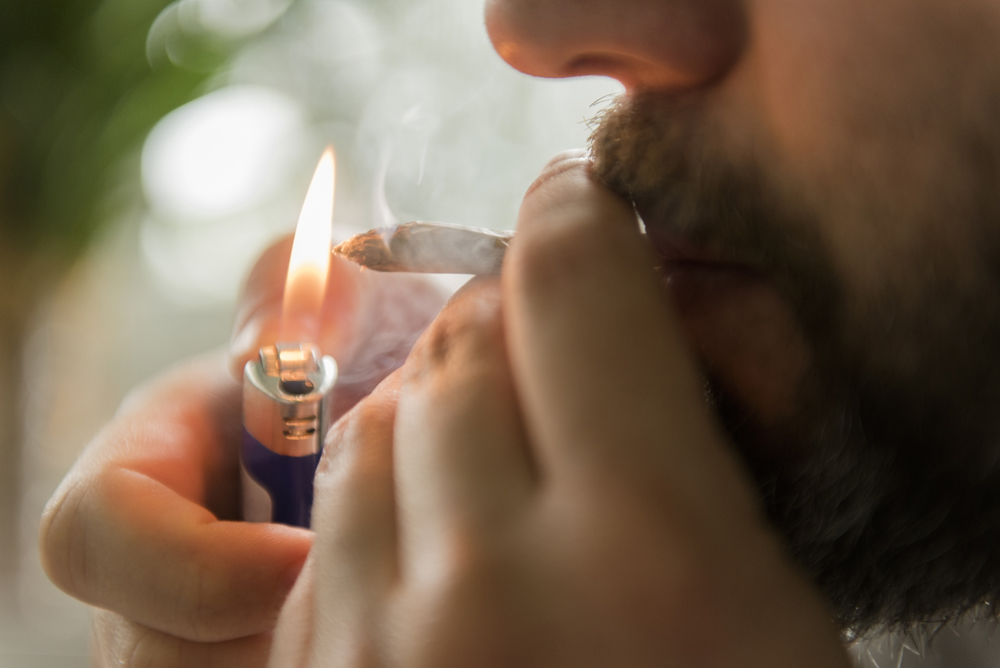For many years, curious teens have been raiding their parents’ liquor cabinets, with results ranging from benign to embarrassing to dangerous.

With legal cannabis certainly more available and arguably more respectable than it was when it was illegal, parents who indulge need to put some thought into keeping it away from curious children and teens, lawyers say.
Toronto criminal lawyer Andrew Burgess sees two situations in which a parent could be charged, which he described in an e-mail:
“First, it is a crime to willingly give cannabis to a child. So if someone regularly left cannabis out on the table, knew that children were using it, and continued to leave it there anyway, it could be alleged that they had an intention to give the children cannabis (which would be a crime) even if they never communicated this understanding explicitly.
“Second, if the child was very young, it’s possible that a parent could be charged with criminal negligence: if a baby ate edibles that were carelessly left out and became very sick, for instance.”

Only some provinces have rules about how cannabis can be stored at home. New Brunswick requires pot to be kept “in a secure space that is inaccessible to a person who is under 19 years of age.”
Just before legalization, the B.C. Centre for Disease Control urged parents to keep edibles under lock and key.
“If you wanted to prevent the CAS from ever coming and knocking, then yes, I think that’s what you would do,” says Toronto child protection lawyer Jessica Gagné.
“I read affidavits from CAS workers all the time. If somebody leaves exposed wiring in their home, or they leave a knife on the table and they have young children in the home, it’s always referenced as ‘You are creating a risk of physical harm to this child by leaving out these products that can be harmful to the child.’”

The most obvious concern isn’t so much with the smoked product (not to say that it’s OK if teens are smoking Mommy’s pre-rolls) as with the potent oils, capsules and sprays that became available on Oct. 17.
B.C. Cannabis Stores, for example, sells a 30 ml bottle that contains 600 mg of THC, and the Ontario Cannabis Store sells a 40 ml bottle that contains 1,200 mg. (Bear in mind that 10 mg can be meaningfully intoxicating for an adult, and that 40 ml is less than three tablespoons of fluid.)
With that much potency in a small package, you can make a case that with children or teens in the house, it should really be treated like a dangerous medication.
Children across Canada have been hospitalized after eating grey-market edibles made in a candy format; legal food-form edibles aren’t yet sold in Canada, though draft federal regulations call for low-dose products to be designed so as not to be appealing to children.

Child welfare workers (if it comes to that) often take a very dim view of parents’ marijuana consumption, Gagné warns.
“I regularly see situations where the CAS uses marijuana use as a protection concern, even after legalization. It remains to be seen whether that slows down, or whether I’ll stop seeing it as much in affidavits, but I still see it, and it’s very frustrating. It’s definitely not treated the same way as having a glass of wine after dinner is treated, at all.”
“Unfortunately, what I’m seeing are affidavits by CAS workers that just include ‘daily marijuana use’ or ‘frequent use’ as one of many facts that go against a parent, with no evidence of it actually affecting their parenting in any way.”


Comments